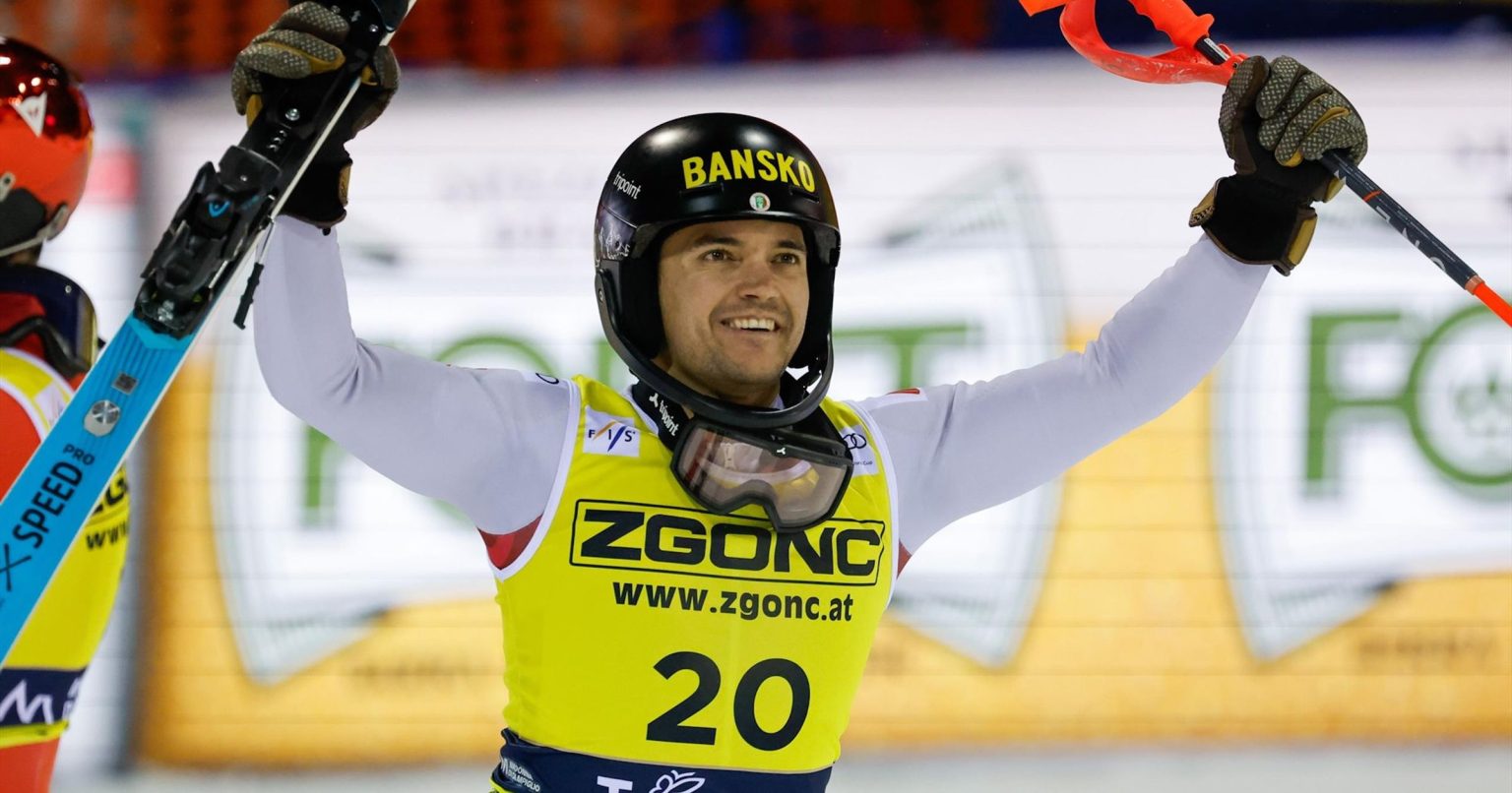Albert Popov’s triumph in Madonna di Campiglio marked a watershed moment, not only for his own career, but for Bulgarian skiing as a whole. His maiden World Cup victory, achieved with a breathtaking second run, was a testament to years of dedication, unwavering perseverance, and a remarkable display of technical prowess on one of the most challenging slalom courses on the circuit. Popov’s journey to the top step of the podium was far from straightforward, requiring him to overcome a substantial deficit from the first run, navigate the treacherous Canalone Miramonti under immense pressure, and ultimately outperform a field of seasoned World Cup veterans. This victory signified the culmination of years of hard work and sacrifice, transforming Popov from a consistent contender into a proven champion.
Popov’s first run placed him in eighth position, a respectable but not particularly advantageous starting point for a charge towards victory. The Canalone Miramonti, renowned for its steep incline, icy surface, and demanding rhythm changes, presented a formidable challenge to all competitors. While Popov’s initial run demonstrated his technical competence, it lacked the aggressive edge required to truly challenge the leaders. The time deficit he faced meant that a flawless second run was essential, demanding not just precision and control but also a willingness to push his limits and risk everything for the win. This precarious position, however, seemed to ignite a fire within Popov, fueling a determination that would ultimately propel him to victory.
The second run was a masterclass in slalom skiing. Popov attacked the course with a newfound ferocity, maintaining exceptional balance and control while simultaneously pushing the boundaries of speed. He carved precise turns, maximizing his edge grip on the icy surface, and maintaining a remarkably aerodynamic tuck to minimize air resistance. His rhythm was impeccable, effortlessly transitioning between the tight turns and the more open sections of the course. Each gate was attacked with unwavering focus, demonstrating a perfect blend of technical skill and tactical awareness. The crowd roared with each flawlessly executed turn, recognizing the exceptional performance unfolding before their eyes.
As Popov crossed the finish line, the tension was palpable. The provisional time displayed flashed green, indicating that he had taken the lead. The wait then began, as the remaining competitors attempted to surpass his remarkable time. One by one, they fell short, solidifying Popov’s position at the top of the standings. The moment his victory was confirmed was one of pure elation. Years of relentless training, setbacks, and near misses culminated in this singular moment of triumph. The emotion was evident on Popov’s face, a mixture of disbelief, joy, and immense pride.
The victory resonated far beyond the confines of the Madonna di Campiglio finish area. For Bulgaria, a nation with a rich but relatively unsung history in winter sports, Popov’s win represented a breakthrough of historic proportions. It was a moment of national pride, a testament to the potential of Bulgarian athletes on the world stage. Popov’s achievement served as an inspiration to aspiring young skiers across the country, demonstrating that with dedication and perseverance, even the loftiest of goals can be achieved. His victory was not just an individual accomplishment; it was a victory for the entire Bulgarian skiing community.
Popov’s victory in Madonna di Campiglio underscored the unpredictable nature of alpine ski racing. It highlighted the importance of both physical and mental fortitude, the ability to adapt to changing conditions, and the unwavering pursuit of excellence. His performance was a reminder that in the world of competitive sport, anything is possible. A seemingly insurmountable deficit can be overcome with a combination of skill, determination, and a touch of audaciousness. Popov’s journey to the top of the podium was a testament to the power of belief and a source of inspiration for athletes around the world. His name will forever be etched in the annals of ski racing history, a symbol of resilience, perseverance, and the unwavering pursuit of a dream.


